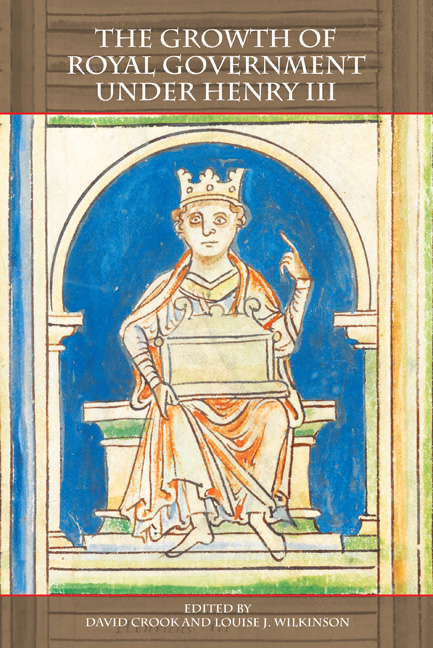6 - Auditing and Enrolment in Thirteenth-Century Scotland
Published online by Cambridge University Press: 13 April 2021
Summary
Financial auditing and central record-keeping are neglected topics in Scottish historiography. Past studies have either concentrated on the fourteenth to the sixteenth centuries or, if they have dealt with the thirteenth century, have taken up only few pages in more general works. That being said, three assumptions have generally prevailed. First, Scottish kings started to have their accounts audited centrally at their own Exchequer by the early decades of the thirteenth century. Second, the thirteenth century saw the emergence of a ‘record-keeping bureaucracy’: government conducted by royal officials who kept records of their activity. Third, the model for both these developments was England, although Scottish practices were run on a smaller scale because Scotland was a smaller kingdom. This article will develop the first assumption, challenge the second, and show just how different auditing and record-keeping were in Scotland from its supposed ‘model’ of twelfth- and early thirteenth-century England.
Until recently, little attention has been paid to the development of the Scottish ‘Exchequer’. One reason for this must be the absence of any original records of its activity, completely the opposite problem to that confronted by historians of England. The only evidence for the workings of whatever auditing system existed in thirteenth-century Scotland is from transcripts made in the seventeenth century by Thomas Hamilton (1563–1637), first earl of Haddington, of the accounts of various royal officials from the years 1263–6 and 1288–90. Haddington, however, abridged his material, sometimes providing quite full transcripts but on other occasions only listing the name and title of the particular official. The assumed inadequacies of Haddington's work have prevented modern historians from using them as anything other than a source of quite limited financial data. Yet one major argument of this paper is that the transcripts can reveal much about the procedures of financial administration, and question whether routine enrolment – or record-keeping more broadly – was a part of routine governance.
Similar problems with the source-base confront anyone who is interested in enrolment and the extent of Scottish central archives in the thirteenth century. Not one original roll – of whatever kind – survives.
- Type
- Chapter
- Information
- The Growth of Royal Government under Henry III , pp. 85 - 103Publisher: Boydell & BrewerPrint publication year: 2015

